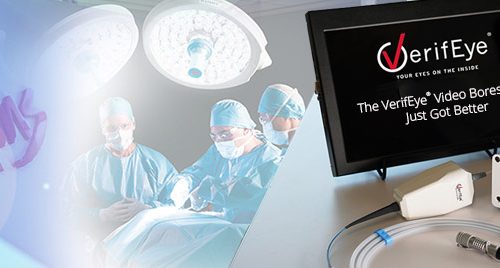How Effective is Your Communication?
Use the questions Who, What, When Where, and How to help develop a path to effective communication skills with your Customers.

Every good relationship begins with effective communication skills. In this edition, let’s look at how effective communication can foster positive relationships with your Customers. Answering the old-school questions of when, where, what, who and how can help to build positive relationships with both new and existing Customers. It can also help to heal relationships that may be less than positive.
When: Communicate regularly and often. Meetings should be scheduled, preferably on a weekly basis. These are formal meetings, but they don’t have to be long; keep your meeting times to an hour or less. Have an agenda so the conversations stay on point. Although informal meetings do occur, keep weekly meetings formal; insist on participation by all parties involved. You may have to adjust meeting times and days to accommodate the attendee(s).
Where: If possible, meet in a neutral location. Everyone has an opinion on critical issues. Meeting in neutral territory can help take emotion out of the conversation, leading to more effective problem-solving.
What: Use metrics when possible. Start with the issues that relate to patient safety. Next, deal with Customer satisfaction. Remember that the process is the issue, not the people. Focus on developing and implementing a process that works to solve issues for both the SPD and Customer. Once a decision is made, be sure that all parties involved receive communication regarding any changes that will be made to existing process. Note – remember that everyone involved has responsibility to identify issues and work together to find and execute resolutions.
Who: Weekly meetings don’t need to involve the same staff. If there are issues related to specific services (in the OR for example), schedule meetings with staff specific to that service. Focus on the more critical issues first. You may want or need to schedule a meeting with a different service line leader each week to be effective at reducing or eliminating issues. If there is a service line leader in SPD (ex. someone who manages neuro instruments), involve that staff member as a subject matter expert. Engage your staff to help improve processes that will lead to better quality, productivity, and service.
How: The effectiveness of face-to-face conversation cannot be overstated. If the Customer knows that you are willing to engage with them to find solutions to issues, they face in clinical situations, they are more likely to meet you halfway. Communicate with positivity and listen effectively. Ask for the same consideration. Once a solution has been decided on, use visual cues and stand-up meetings with all involved to ensure that everyone has the necessary information to effect change. Audit the process once implemented and hold everyone accountable for correct performance.
In a time where technology has taken the place of real conversation, I hope you can see the benefit of old-school methods. Use these five questions to help you develop a path to effective communication skills with your Customers.
Perhaps you could share this PROCESS PRO with your team as a jumping off point for establishing effective communication patterns. And why stop there? Check out the other PROCESS PROs you can share HERE. And though older, this article from HPN is a great read on why effective communication in the SPD is so crucial.



